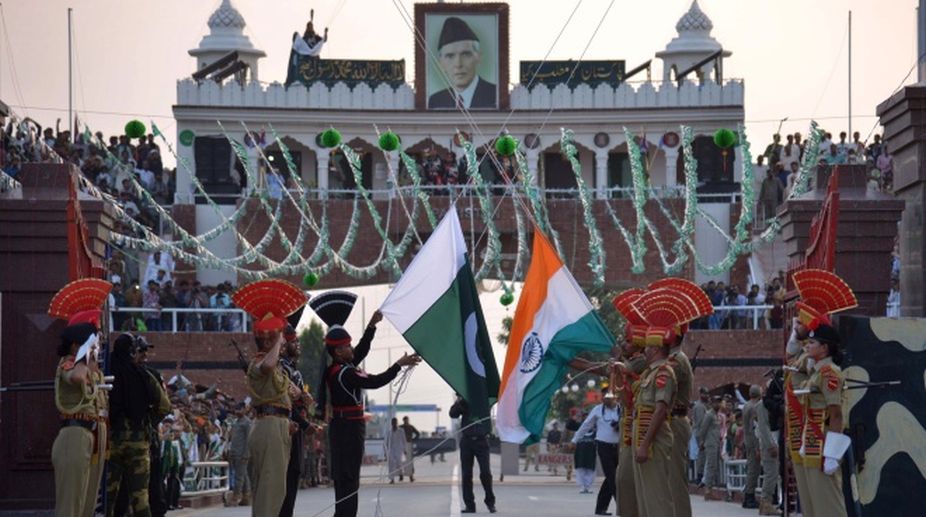It has been a rare flash of the humane in the otherwise bleak Indo-Pak scenario generally marked by confrontationist posturing and provocative rhetoric.
The mutual decision to release and repatriate certain categories of prisoners suggests that the subcontinent retains traces of the cultural riches that had enriched societies across the northern region until Partition ripped away so many of the graces.
Advertisement
What is particularly gratifying is that Islamabad announced its acceptance of a set of Indian proposals at a point in time when troops deployed along the LOC in Jammu and Kashmir (originally drawn as the cease-fire line in 1948) are locked in the proverbial “eyeball to eyeball” stand-off. If, to carry the allusion farther, the agreement on humanitarian treatment for select prisoners is to be seen as “blinking”, there is cause to take credit for mutually permitting the eyelids to block out the ugly and giving the heart a chance.
For events in the conflict zone have pointed to false prestige coming in the way or civilised conduct. Little point, apart from petty political points, would be served by pointing accusing fingers across the Radcliffe Line. Social forces must now be given the backing to silence the politicians in even if there is a reason to be sceptical if a genuine window of opportunity has been opened.
The proposals (to which Pakistan added a couple) centre around the exchange of women, disabled and elderly prisoners. The visits of doctors to mentally-challenged prisoners will be facilitated to expedite their repatriation.
Importantly, it has been agreed to revive the mechanism of a judicial committee (comprising judges from Pakistan and India, it had last met in October 2013)) to deal with issues pertaining to the condition of prisoners, including fishermen apprehended for transgressing the maritime frontier.
According to information made public earlier this year, there are 457 Indians in Pakistan’s jails and 344 Pakistanis in Indian jails. Pakistan has expressed a hope that the recent agreement would serve as a stepping stone.
As significant as the series of humanitarian gestures is the humility with which Mrs Sushma Swaraj has handled the issue. It was she who had made the initial moves in October at a meeting with Pakistan’s High Commissioner in New Delhi.
A lesser minister would have gone to town when Islamabad conveyed its agreement on Wednesday (she may still do so, most politicians fish for compliments).
Although the Prime Minister’s Office now takes the lead in the management of foreign affairs, Mrs Swaraj has carved a much-appreciated niche for herself in injecting a degree of the humane into her ministry.
Indian embassies in West Asia now provide succor to Indians working there, she has helped secure the release of Indians trapped in wars there, and many in Pakistan will confirm her assistance in facilitating treatment in Indian hospitals. More power to her elbow.











